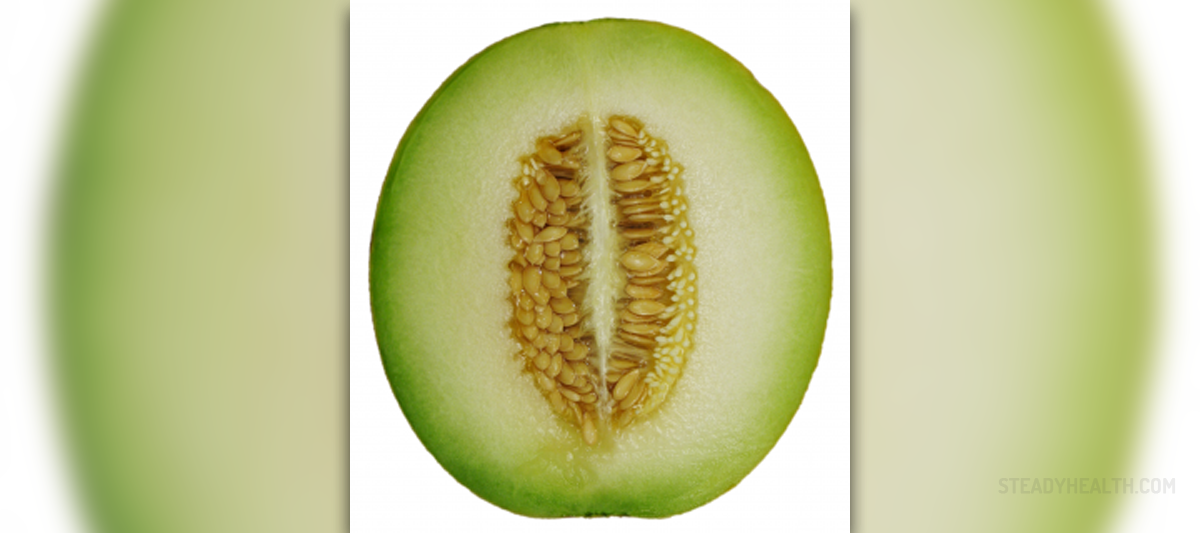
About cantaloupes
Cantaloupes, or Cucumis melo, are medium-sized melons of the Cucurbitaceae family. They are usually five to seven inches in length, their shape is round or oblong and they can weigh up to 5 kg.
Cantaloupe is sometimes called muskmelon, because when it is ripe, it emanates a musky smell. In Australia and New Zealand they call it rock melon too.
Cantaloupes can be cultivated in sandy, well-drained areas. The soil needs to be thoroughly irrigated, otherwise cantaloupes will not grow well. Cantaloupe crops depend on pollination, so bees play an important role in ensuring an abundant harvest.
This fruit was cultivated by ancient Romans and Egyptians. The seeds were first brought to Europe from Armenia, and they came to North America with Cristopher Columbus, on his second voyage.
Nutritional Value of Cantaloupes
The best thing about cantaloupes, aside from their great taste, is that they are low in fats, sugar and calories, and rich in vitamins and minerals. they are particularly rich in vitamins C and A, in potassium and folic acid.
One cup of raw cantaloupe contains 56 calories, zero fat, 13 grams of carbohydrates, 1 gram of protein, 14 milligrams of sodium, 494 milligrams of potassium, 515 RE or 5158 IU of vitamin A and 144 grams of water.
It also contains significant amounts of B complex vitamins, vitamin C and manganese.
The vitamin C content in cantaloupes helps prevent and repair the damage caused by free radicals, because vitamin C is a great antioxidant. It also boosts the immune system and prevents many serious diseases.
Potassium in cantaloupes protects the heart, regulates blood pressure and heart rate. Potassium also relieves muscle cramps and helps speed up the recovery period after injuries.
Cantaloupes are also recommended for people who have high cholesterol, because they lower the levels of LDL and increase the levels of HDL, which is known as good cholesterol.
As for the vitamin A, present in great amount in cantaloupes, it is important for nice and healthy skin and it also promotes good eyesight and prevents cataract. It is also believed to prevent oral and lung cancer.
Cantaloupes are highly recommended for pregnant women. This fruit helps with water retention by stimulating the excretion of excess sodium, and the folic acid prevents neural tube defects in newborns.
Given all these benefits and great nutritional value of cantaloupes, it is highly recommended for everyone to include them in everyday diet. They can be eaten alone or as an excellent addition to fruit salads, desserts and ice cream.

















Your thoughts on this
Loading...